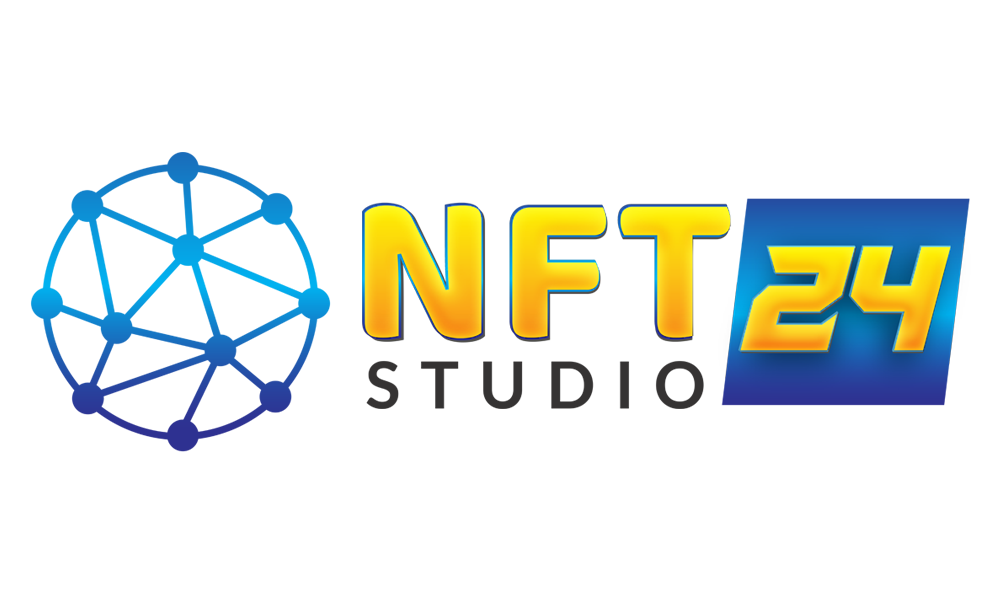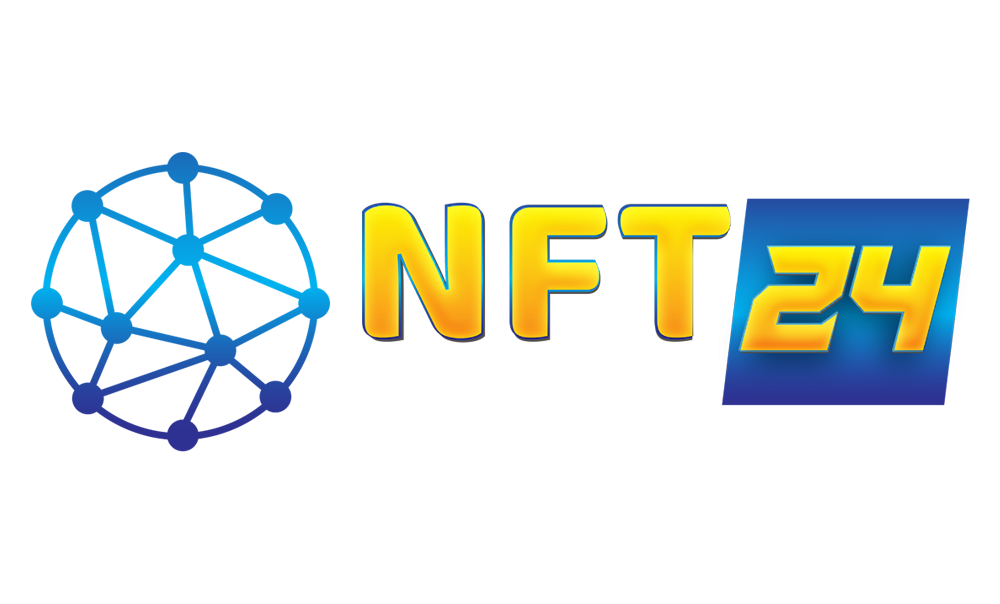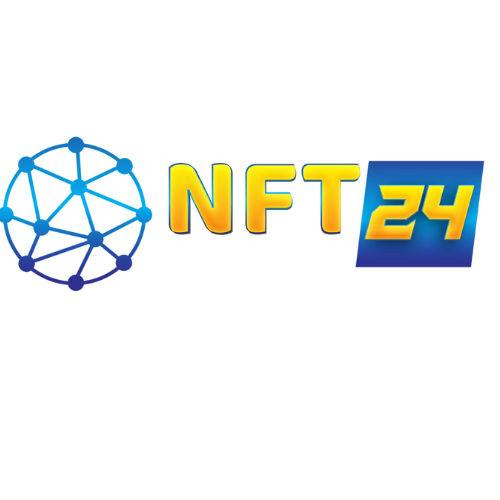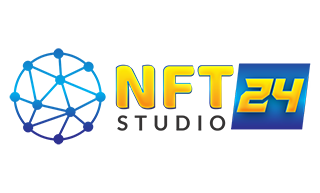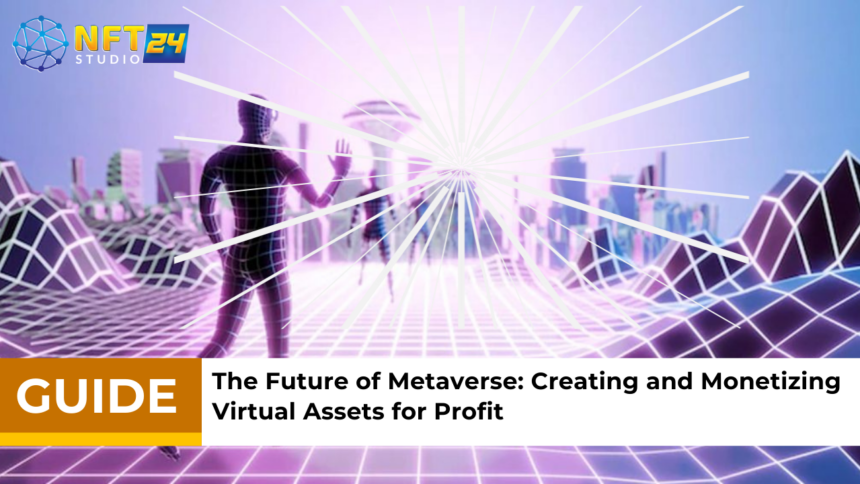The Metaverse is a rapidly growing virtual world that encompasses a wide range of digital experiences, from virtual reality games to social media platforms, virtual marketplaces, and more. One of the key aspects of the Metaverse is the creation and monetization of virtual assets, which have gained significant attention in recent years due to their potential for economic opportunities.
Opportunities in the Metaverse: Virtual Asset Creation and Monetization
The Metaverse presents numerous opportunities for creators to design and customize virtual assets, which can include 3D models, digital art, music, fashion, and more. These virtual assets can be bought, sold, and traded within the virtual economy, allowing creators to monetize their creations and generate revenue.
One popular tool for virtual asset creation is VoxEdit, a user-friendly platform that empowers creators to design and customize voxel assets for the Metaverse. With VoxEdit, creators can easily create 3D models, animations, and interactive experiences, which can be used in various virtual worlds and experiences within the Metaverse.
Monetizing Virtual Assets in the Metaverse: Buying, Selling, and Trading
Once virtual assets are created, they can be monetized through buying, selling, and trading in virtual marketplaces. Virtual marketplaces within the Metaverse provide a platform for creators to showcase and sell their virtual assets to a wide audience. These virtual assets can be sold for virtual currencies, such as cryptocurrencies or platform-specific tokens, or even real-world currencies.
Additionally, virtual assets can be traded between users, creating a virtual economy where supply and demand for virtual assets determine their value. Some virtual marketplaces also offer services such as escrow, licensing, and intellectual property protection to ensure a safe and secure environment for buying, selling, and trading virtual assets.
Services in the Metaverse: Virtual Consultations, Workshops, and Tours
Apart from buying, selling, and trading virtual assets, the Metaverse also offers a variety of services that can be monetized. Virtual consultations, workshops, and tours are becoming increasingly popular in the Metaverse, offering users the opportunity to engage with experts, learn new skills, and explore virtual worlds.
Creators can monetize their expertise by offering virtual consultations or workshops on topics such as art, design, gaming, or business. Virtual tours, on the other hand, allow creators to showcase virtual worlds or experiences they have created and charge users for access. These services provide additional revenue streams for creators and contribute to the growing virtual economy within the Metaverse.
Ethical, Legal, and Societal Implications of Virtual Asset Creation and Monetization
As virtual asset creation and monetization become more prominent in the Metaverse, there are also ethical, legal, and societal implications to consider. Ethical considerations may include questions about ownership, copyright, and intellectual property rights for virtual assets. Legal considerations may involve regulations around virtual currencies, taxation, and user protections in virtual marketplaces.
Societal implications may include questions about inclusivity, accessibility, and the impact of virtual economies on real-world economies. Creators, users, and policymakers alike need to carefully navigate these complex issues to ensure the responsible and sustainable growth of the Metaverse economy.
As the Metaverse continues to evolve, there are emerging trends, regulations, and best practices that creators and users should be aware of. The virtual economy within the Metaverse is still relatively new and rapidly evolving, with new technologies, platforms, and business models constantly emerging.
Creators and users need to stay updated on the latest trends and regulations to effectively navigate the Metaverse economy. Best practices may include strategies for marketing virtual assets, optimizing pricing, and adapting to changing user preferences.
Success in the Metaverse: Continuous Optimization, Marketing Efforts, and Adaptability
Success in the Metaverse requires continuous optimization, marketing efforts, and adaptability. Creators and users need to constantly optimize their virtual assets, ensuring that they are of high quality, engaging, and relevant to the evolving needs and preferences of the Metaverse users. Marketing efforts are crucial to promote virtual assets and attract users in a competitive virtual marketplace. This may include leveraging social media, influencers, and other marketing strategies to create awareness and generate interest in virtual assets.
Lastly, adaptability is key in the ever-changing landscape of the Metaverse. Creators and users need to stay updated on the latest trends, technologies, and user behaviors, and be willing to adapt their strategies and offerings accordingly.
By continuously optimizing, marketing, and adapting, creators and users can increase their chances of success in the dynamic Metaverse economy.
The Future of the Metaverse: Shaping the Virtual Economy with Skills, Creativity, and Virtual Assets
The future of the Metaverse holds immense potential for shaping the virtual economy through skills, creativity, and virtual assets. As the Metaverse continues to grow and evolve, individuals and businesses can leverage their skills and creativity to create virtual content and experiences that cater to the diverse interests and needs of users. Virtual assets such as virtual real estate, digital art, virtual goods, and cryptocurrencies can serve as valuable assets within the Metaverse economy, providing opportunities for monetization and investment.
Furthermore, the Metaverse has the potential to create new job opportunities, allowing individuals to earn income through virtual marketplaces, virtual events, virtual services, and more. The future of the Metaverse will be driven by the collective efforts of skilled and creative individuals, businesses, and communities, shaping the virtual economy and transforming the way we interact, create, and engage in the digital world.
Conclusion:
The metaverse is a rapidly evolving virtual world that offers immense potential for users to create, monetize, and earn money from virtual assets. With advancements in AR, VR, and blockchain technology, the metaverse presents a new frontier where users can participate in a virtual economy and potentially generate profits.
From virtual fashion designers to digital artists, users can create unique virtual assets that can be bought, sold, and traded within the metaverse. Additionally, users can offer services such as virtual consultations, workshops, and tours, charging virtual currency or cryptocurrency for their expertise. However, it’s crucial to consider ethical, legal, and societal implications and follow responsible practices when it comes to virtual asset creation and monetization.
As the metaverse continues to evolve, staying informed about emerging trends, regulations, and best practices in the metaverse economy will be key to navigating this digital landscape.
While there are opportunities to earn money in the metaverse, it’s important to remember that search engine rankings are dynamic and can change over time, and success in the metaverse may require continuous optimization, marketing efforts, and adaptability to changing trends.
In conclusion, the future of the metaverse holds immense potential for users to participate in a virtual economy, create and monetize virtual assets, and potentially earn profits. By leveraging their skills, creativity, and virtual assets, users can explore new opportunities in this virtual world and shape the future of the metaverse economy.
